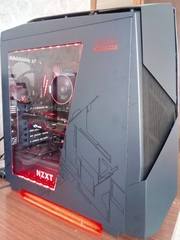-
Topics
-
poly ·
Posted in General Discussion0 -
0
-
skayqz ·
Posted in Graphics Cards1 -
3
-
3
-
2
-
bat_verified ·
Posted in New Builds and Planning1 -
8
-
3
-
3
-
-
play_circle_filled

Latest From Linus Tech Tips:
He Spent 3 YEARS Begging me for a PC. Good Luck Finding it!

.jpg.5cc14cacf0bfa9d58de316927a37ec08.jpg)













Create an account or sign in to comment
You need to be a member in order to leave a comment
Create an account
Sign up for a new account in our community. It's easy!
Register a new accountSign in
Already have an account? Sign in here.
Sign In Now